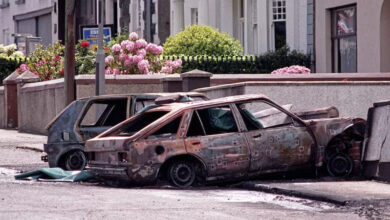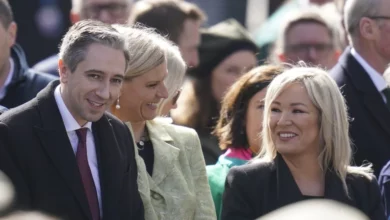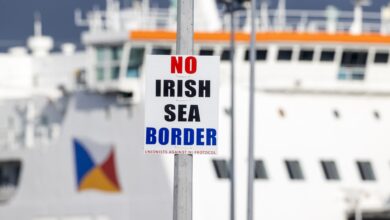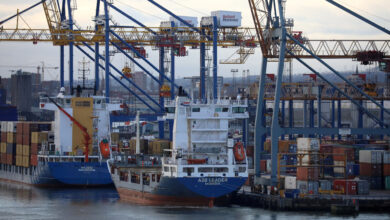Durante il Bloody Sunday ci sarebbero state “uccisioni illegali”
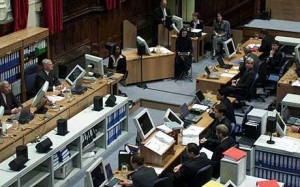
Bloody Sunday inquiry ‘to rule killings unlawful’
The official inquiry into the deaths of 13 protesters shot dead by British soldiers on Bloody Sunday will conclude that several of them were unlawfully killed, it was claimed last night.
 Lord Saville’s long-awaited verdict on the killings in Londonderry in 1972 could pave the way for former soldiers who fired into the crowd of protesters to be prosecuted for murder or manslaughter.
Lord Saville’s long-awaited verdict on the killings in Londonderry in 1972 could pave the way for former soldiers who fired into the crowd of protesters to be prosecuted for murder or manslaughter.
The conclusions of the £191 million public inquiry set up by Tony Blair in 1998 in an effort to kickstart the Northern Ireland peace process will finally be announced on Tuesday.
There has been a growing expectation that he would conclude the shootings were unlawful after the inquiry heard evidence that those killed, who included seven teenagers, were unarmed.
But the contents of the report, which was completed several weeks ago, have been a closely guarded secret and strict measures have been put in place so that even relatives of the dead will only be told the contents a few hours before publication.
Nevetheless last night The Guardian newspaper reported sources familiar with the report’s contents had disclosed that Lord Saville would indeed describe some of the killings as unlawful.
It is understood that he will not explicitly recommend prosecutions but leave it to Northern Ireland’s Public Prosecution Service, equivalent to the CPS, to decide.
Lawyers for the families have indicated in recent days that even if the Province’s Director of Public Prosecutions rules against bringing charges they would pursue private prosecution.
One unionist politician last night described Lord Saville’s reported findings as a “hand grenade with the pin pulled out that is about to be tossed into the lap of the PPS”.
It was also disclosed last night that Lord Trimble, the former Northern Ireland First Minister, warned Tony Blair at the time that setting up a new inquiry ran the risk of “soldiers in the dock”.
A total of 27 protesters were shot, 13 of them fatally, by members of the Parachute Regiment in a disastrous operation to maintain order during a march against the internment of paramilitary suspects without trial on Jan 30, 1972.
A fourteenth man died from his injuries later.
The killings proved to be a pivotal moment in the Troubles and have long been characterised as a major “recruiting sergeant” for the Provisional IRA.
A 1972 inquiry by Lord Widgery, then the Lord Chief Justice, concluded that the soldiers’ actions “bordered on the reckless” but exonerated them of blame.
It concluded that they opened fire only after themselves being shot at by IRA snipers in the crowd.
Crucially, Lord Widgery accepted a now discredited forensic conclusion that lead deposits detected on the hands or clothing of some of the dead suggested that they had handled firearms.
Scientific advances have since shown that the deposits could have been left by exposure to car exhaust fumes and other common substances.
The report was dismissed as a “whitewash” in Londonderry and families of the dead staged a long campaign for a new inquiry.
Lord Trimble is understood to have warned Mr Blair that any conclusion which departed “one millimetre” from Lord Widgery’s findings would lead to soldiers being prosecuted for their actions almost 40 years ago.
The Army has since accepted that those killed were unarmed and the inquiry heard from soldiers who admitted shooting people dead that day.
One former paratrooper, known as “soldier F”, accepted that he had shot at least four of those who died.
Those who gave evidence, including both former soldiers and paramilitaries, were given legal protection against being prosecuted should they incriminate themselves in the witnesss box.
But the assurances do not amount to full immunity and they could still be prosecuted if there is sufficient evidence from other sources.

